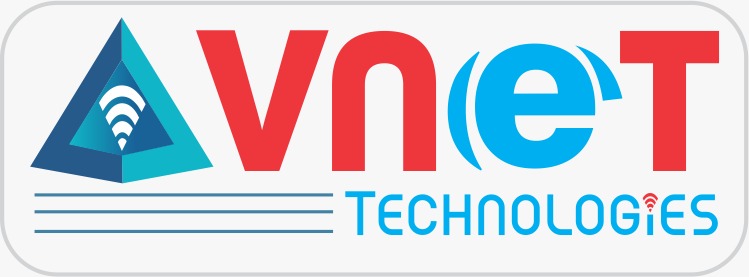
Data science continues to evolve at an unprecedented pace, shaping industries, businesses, and society at large. As we move into 2025, emerging trends in data science are poised to redefine how we analyze and leverage data. Here are some key trends that will shape the future of data science in the coming year.
- The Rise of Automated Machine Learning (AutoML)
Automated Machine Learning (AutoML) is revolutionizing the field by simplifying the model-building process. With advancements in AutoML, businesses and data professionals can automate complex tasks such as feature selection, hyperparameter tuning, and model evaluation. In 2025, AutoML will continue to make data science more accessible, allowing non-experts to build AI models with minimal coding.
- The Dominance of AI-Powered Analytics
AI-driven analytics tools are transforming how businesses interpret data. With AI-powered analytics, organizations can automate data processing, detect patterns, and generate insights with minimal human intervention. These tools will help decision-makers derive valuable insights in real time, leading to more informed business strategies.
- Federated Learning for Privacy-Preserving AI
Data privacy is a growing concern, and federated learning offers a solution by enabling AI models to train on decentralized data sources without transferring sensitive information. In 2025, federated learning will be widely adopted in industries such as healthcare, finance, and telecommunications, where data security is paramount.
- Quantum Computing’s Impact on Data Science
Quantum computing is expected to disrupt data science by solving complex problems at speeds unimaginable with traditional computing. While still in its early stages, quantum computing advancements in 2025 will improve optimization problems, cryptography, and machine learning algorithms, leading to breakthroughs in AI and data analysis.
- Explainable AI (XAI) for Ethical Decision-Making
As AI adoption grows, so does the need for transparency. Explainable AI (XAI) aims to make machine learning models more interpretable and accountable. In 2025, we will see an increased focus on developing AI models that provide clear explanations for their decisions, ensuring fairness and reducing bias in AI-driven applications.
- Edge Computing for Real-Time Data Processing
With the proliferation of IoT devices, edge computing is becoming a critical component of data science. Instead of sending data to centralized cloud servers, edge computing allows data processing to occur closer to the source, reducing latency and improving efficiency. This trend will drive real-time analytics in sectors like smart cities, healthcare, and autonomous vehicles.
- The Evolution of Natural Language Processing (NLP)
NLP has seen significant advancements in recent years, with models like GPT and BERT enhancing language understanding. In 2025, NLP will continue to evolve, improving applications such as chatbots, sentiment analysis, and AI-driven content generation. Multimodal AI, which integrates text, images, and audio, will further enhance NLP capabilities.
- AI in Cybersecurity and Fraud Detection
As cyber threats become more sophisticated, AI-driven cybersecurity solutions will play a crucial role in threat detection and prevention. In 2025, data science will power advanced security models capable of identifying anomalies, preventing fraud, and mitigating cyber risks in real time.
- Sustainable AI and Green Computing
With growing concerns about AI’s environmental impact, the focus on sustainable AI will increase in 2025. Researchers and companies will work on optimizing machine learning models to reduce energy consumption and carbon footprints, leading to more eco-friendly AI solutions.
- The Expansion of Data Science in Healthcare
Data science has already made significant contributions to healthcare, from predictive analytics to personalized medicine. In 2025, AI-powered diagnostics, drug discovery, and disease prediction models will become more advanced, leading to improved patient outcomes and more efficient healthcare systems.
Conclusion
The future of data science is promising, with transformative trends shaping industries worldwide. As technologies like AutoML, federated learning, and quantum computing continue to evolve, businesses and professionals must stay ahead of the curve to leverage these advancements effectively. By embracing these trends, organizations can unlock new opportunities and drive innovation in the data-driven world of 2025.
